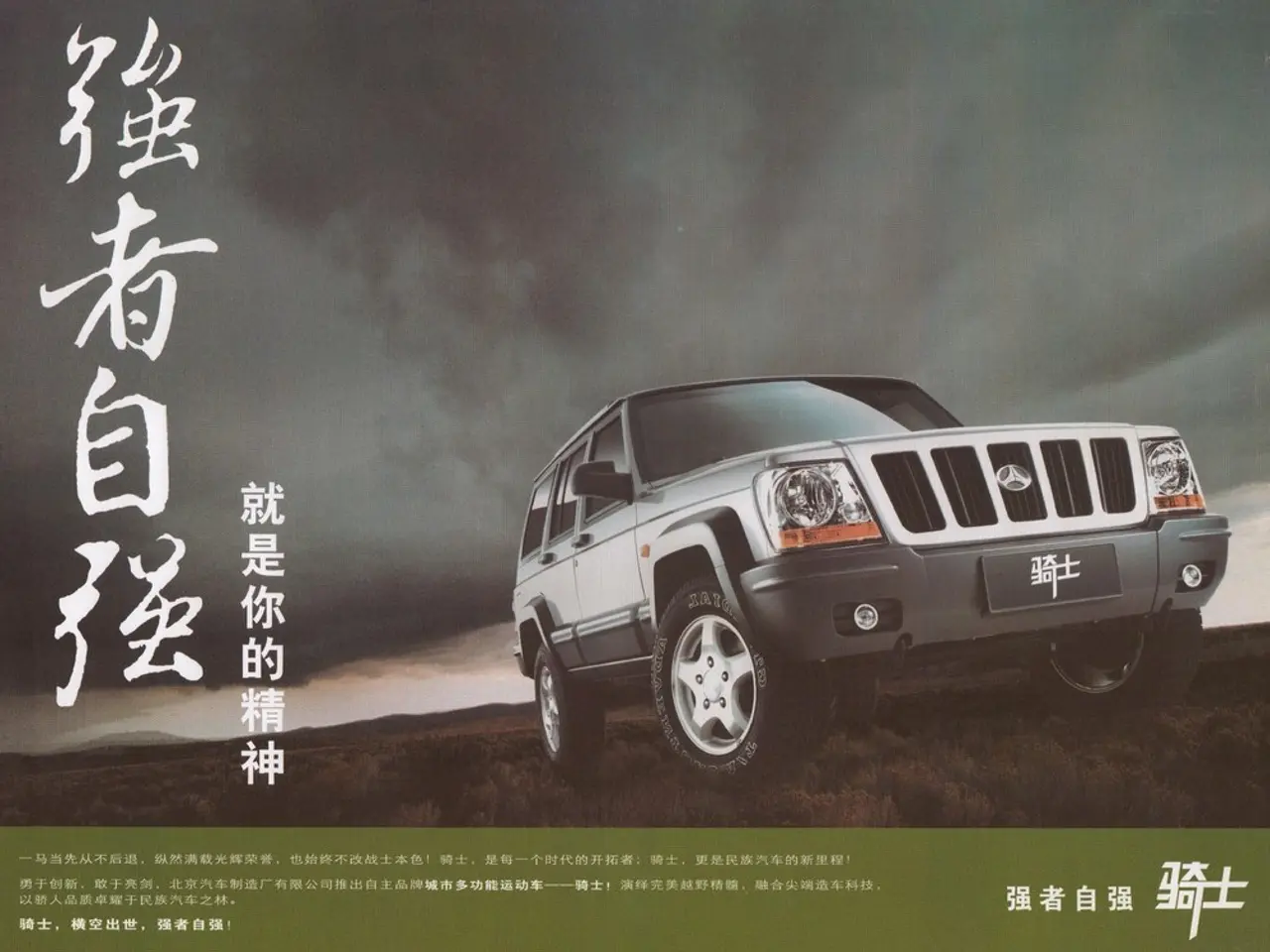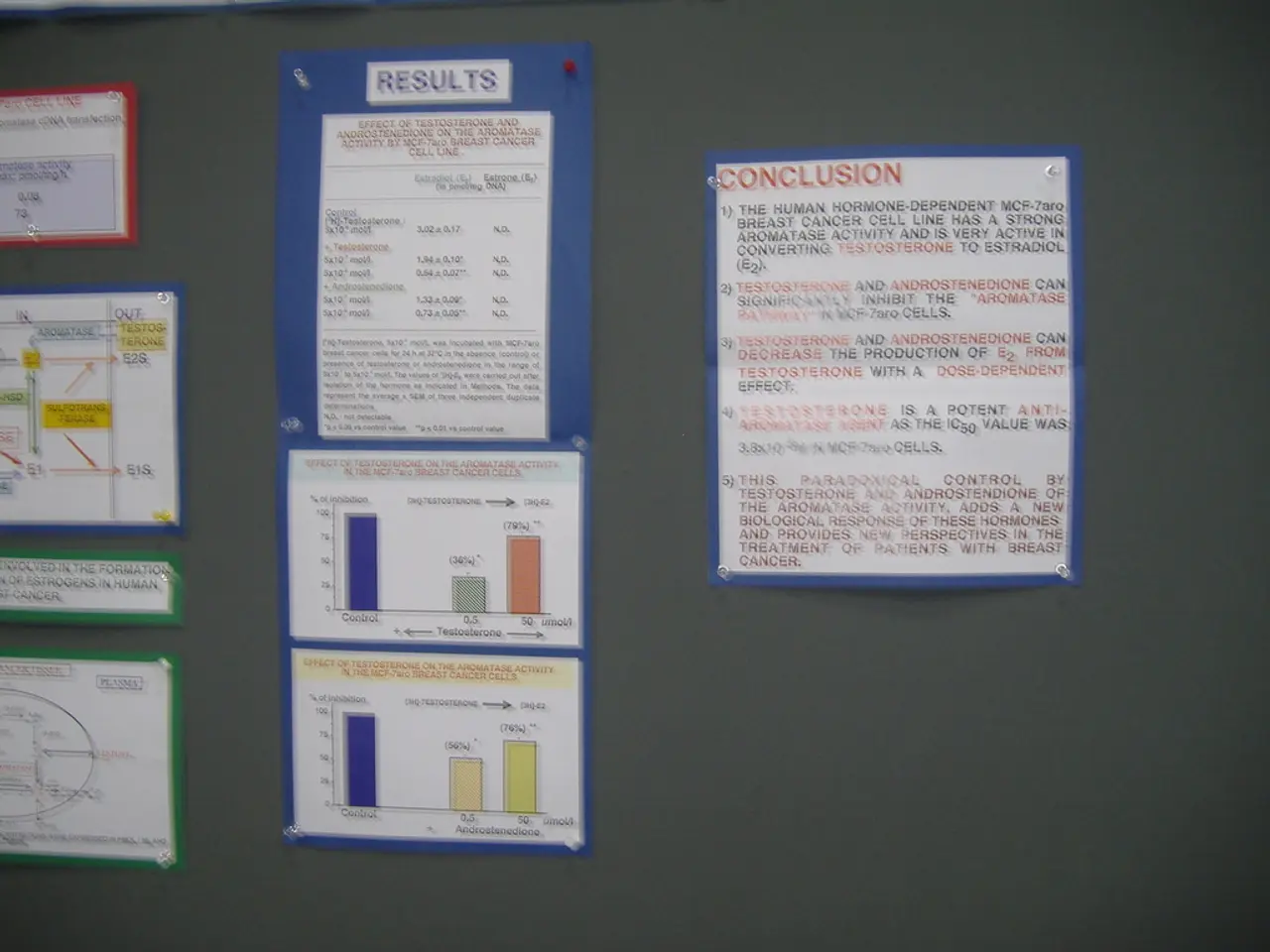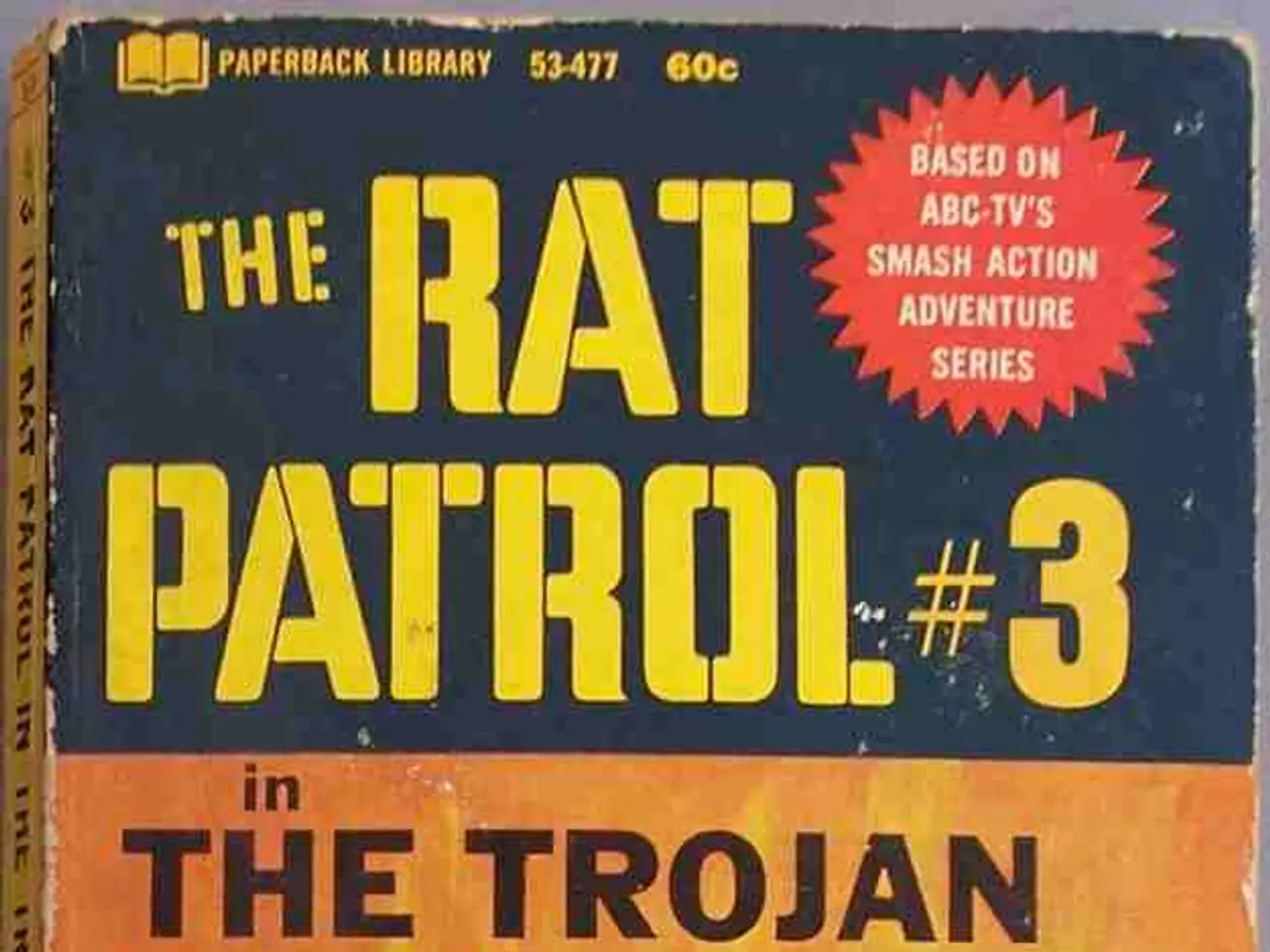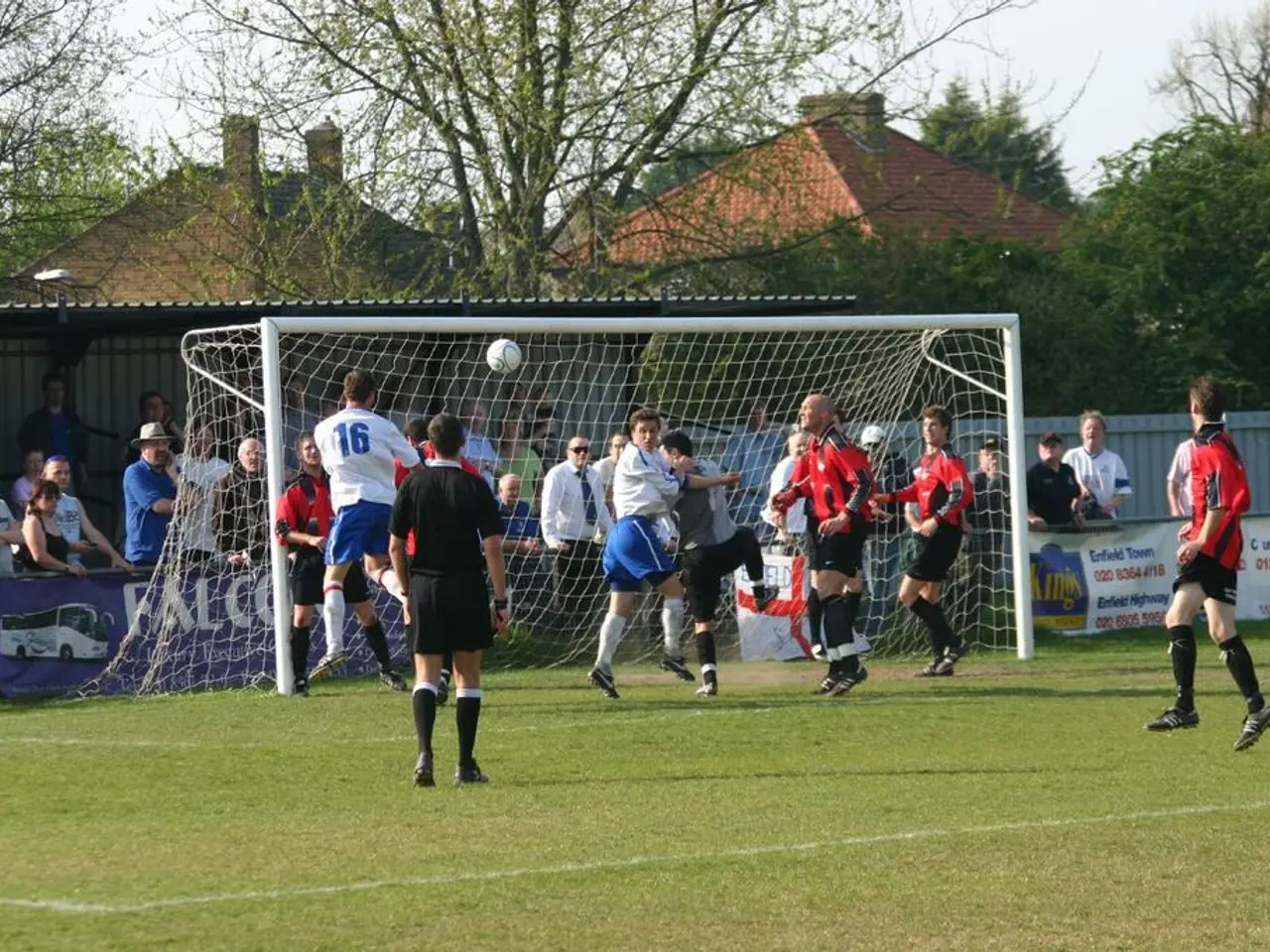Gathering of 300 migrants sets off from Tapachula, steering clear of the United States
In the southern region of Mexico near the Guatemala-Mexico border, Luis García Villagrán, a prominent human rights defender and migrant rights activist, has found himself at the centre of a heated controversy. Known for his organising efforts with migrant caravans, he was arrested by Mexican authorities on August 5, 2025, on allegations related to his work with migrants.
The arrest has been met with strong condemnation from human rights groups and migrant advocacy organisations. They view the detention as part of a broader pattern of criminalisation of immigration activists in Mexico. These groups argue that García Villagrán's arrest is linked to his vocal criticism of the Mexican government's increasingly restrictive and militarized approach towards migration.
The allegations against García Villagrán stem from last year, when some migrants accused him of extortion. This led the Chiapas state prosecutor's office to open an investigation, although the current status of that case has not been made public. However, it is important to note that there is no direct evidence or credible information linking García Villagrán to human trafficking. The allegations are primarily related to the extortion accusations by some migrants.
Independent human rights organisations perceive the charges against García Villagrán as a way to intimidate and suppress advocates for migrants' rights. The arrest warrant for García was issued years ago and relates to an accusation of human trafficking, but he maintains that he was wrongfully accused, as he told Mexico News Daily in 2021.
The migrant rights activist, Luis Rey García Villagran, described as the "main promoter" of the current caravan, was arrested in Tapachula on Tuesday. The group of migrants, consisting of men, women, and children from Cuba, Haiti, Venezuela, Colombia, Peru, African and Central American countries, departed Tapachula on foot early Wednesday. Their goal is to reach Mexico City "without being detained."
The migrants have complained about the lack of employment opportunities in Tapachula and difficulties in regularizing their presence in Mexico. The priest, Heyman Vázquez Medina, an activist, said that the migrants who make up the caravan are demanding the release of García. Vázquez claimed that the arrest of García was retaliation for his denunciation of alleged corruption, abuses, and collusion with organized crime by the INM, National Guard, police forces, and the Mexican Commission for Refugee Assistance (COMAR).
The group is not aiming to reach the Mexico-United States border. Instead, they will presumably seek work and other opportunities in the capital. The migrant caravan that departed Tapachula on Wednesday is called "Éxodo de la Justicia."
Tapachula is the first destination in Mexico for many migrants. In the past, Mexican authorities have arrested immigration activists. In 1997, García was sentenced to more than 12 years in prison after being convicted of kidnapping and criminal association. However, he maintains that he was wrongfully accused.
The newspaper Excélsior reported that García has been accused of charging migrants up to US $2,000 to "speed up" bureaucratic procedures at the INM and COMAR. The priest, Vázquez, told Excélsior that García was detained unjustly, asserting that he hadn't committed any crime and that his only "mistake" was to denounce those who extort and exploit migrants.
The migrant caravan that García has been supporting is a testament to the ongoing struggles faced by migrants in Mexico. The controversy surrounding his arrest has sparked a wider debate about the treatment of migrants and the role of activists in advocating for their rights. As the situation unfolds, the international community will be watching closely to see how this story develops.
- The controversy over García's arrest has led to a broader discussion about migration politics in Mexico, with many groups arguing that it is part of a growing trend to criminalize immigration activists.
- Despite the allegations against him, independent human rights organizations perceive the charges against García as a means to intimidate and suppress migrant rights advocates, arguing that he has been instrumental in organizing travel for migrant caravans.
- The current caravan, known as "Éxodo de la Justicia," originated from Tapachula, a region known for its high levels of northward migration, and is seeking general-news opportunities and employment in Mexico City.








